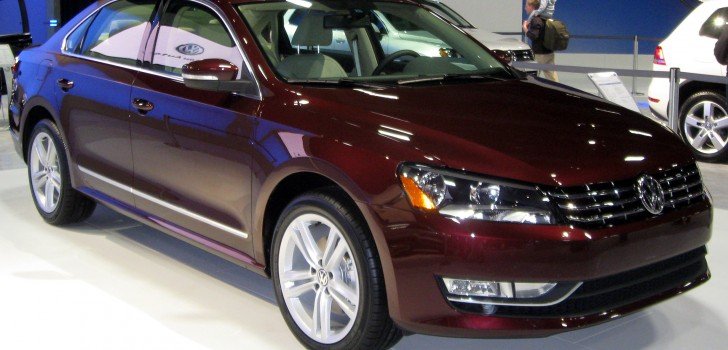Automotive emissions data in China is apparently far more corrupt than the rest of the world, as one Chinese expert has admitted that about 80% of such data in the country is false.
The admission came shortly after Volkswagen confessed that 11 million of its diesel cars worldwide were equipped with a cheating device that enabled the vehicles to detect when emission testing was taking place. When a test was occurring, the vehicles would run their emission controls at their maximum settings. But when the cars were on the road, they would produce up to forty times the allowable amount of pollution.
In China, such a scandal would probably fly under the radar.
Chinese automotive researcher and engineer Li Wei said, “If that happened here, it would be difficult for us to detect it.”
All cars made in China are required to receive an inspection before they are approved for use. According to Wei, China’s emission standards and procedures for inspection mostly follow that of the European Union.
According to the president of an engineering company, Xiu Chunlin, “Only an estimated 20% of China’s vehicle emissions data is accurate.”
This extremely large amount of false data is said to be the result of a lack of supervision and enforcement by state regulators.
State regulators do conduct random checks on emission controls in vehicles. However, they only mandate that improvements be made within a specified time period. They do not impose fines, and they almost never take vehicles off the road. Car manufactures are given very little motivation to improve what could be a very dirty automobile.
However, Wei expects the situation to get better over time.
China recently revised its prevention of air pollution law, and the country has clarified the role of its government in the matter. The country is also making an effort to strengthen its supervision over the emission testing process, and is working on increasing the severity of punishment for non-compliance.
Still, China has a long way to go in terms of regulating the emission controls of their vehicles.
Most Chinese cars run on gasoline, unlike in Europe, where diesel is extremely popular. The country mostly avoids diesel cars because of pollution concerns and the higher cost involved. China has spent a large amount of resources in recent years to promote electric vehicles.
Stay Connected